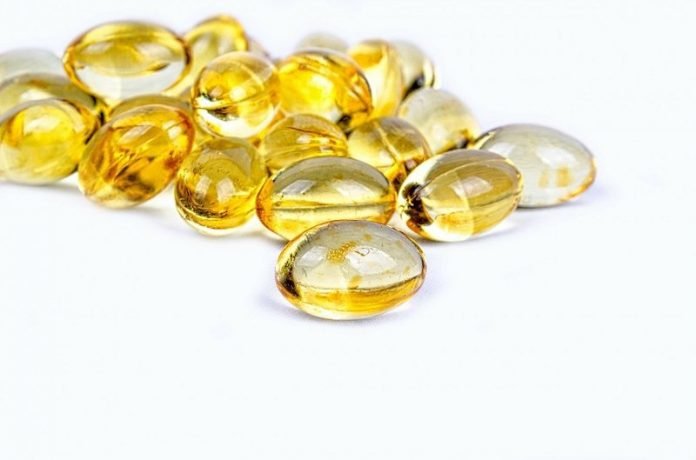
Previous studies have suggested that increased vitamin D levels may protect against COVID-19. However, these studies were inconclusive and possibly subject to confounding.
In a new study from McGill University, researchers found that genetic evidence does not support vitamin D as a protective measure against COVID-19.
The ability of vitamin D to protect against severe COVID-19 illness is of great interest to public health experts, but has limited supporting evidence.
In the study, the team used genetic variants strongly linked to increased vitamin D levels.
They analyzed genetic variants of 4,134 individuals with COVID-19, and 1,284,876 without COVID-19, from 11 countries to determine whether genetic predisposition for higher vitamin D levels were linked to less-severe disease outcomes in people with COVID-19.
The results showed no evidence for an association between genetically predicted vitamin D levels and COVID-19 susceptibility, hospitalization, or severe disease.
This suggests that raising circulating vitamin D levels through supplementation may not improve COVID-19 outcomes in the general population.
According to the team, vitamin D supplementation as a public health measure to improve outcomes is not supported by this study.
Most importantly, the results suggest that investment in other therapeutic or preventative avenues should be prioritized for COVID-19 randomized clinical trials.
The team says most vitamin D studies are very difficult to interpret since they cannot adjust for the known risk factors for severe COVID-19 (e.g. older age, institutionalization, having chronic diseases) which are also predictors of low vitamin D.
Therefore, the best way to answer the question of the effect of vitamin D would be through randomized trials, but these are complex and resource-intensive, and take a long time during a pandemic.
Their mendelian randomization can provide more clear insights into the role of risk factors like vitamin D because they can decrease potential bias from associated risk factors like institutionalization and chronic disease.
Here, this method does not show clear evidence that vitamin D supplementation would have a large effect on COVID-19 outcomes.
If you care about COVID-19 and vitamin D, please read studies about this vitamin deficiency could strongly increase risk of COVID-19 and findings of over 80% of COVID-19 patients have vitamin D deficiency.
For more information about vitamin D and COVID-19, please see recent studies about the lack of vitamin D may increase risk of COVID-19 and results showing that vitamin D: important for your overall health, and may even prevent COVID-19.
The study is published in PLOS Medicine. One author of the study is Dr. Butler-Laporte.
Copyright © 2021 Knowridge Science Report. All rights reserved.



